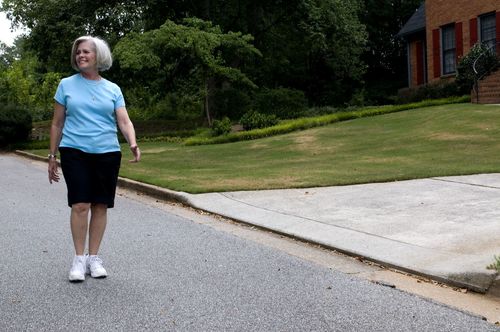‘Urban Training’, which combines behavioural strategies and unsupervised outdoor walking, is efficacious in increasing physical activity after 12 months in COPD patients and has few safety concerns, according to a new study published in the European Respiratory Journal.
Researchers conducted a randomised controlled trial to assess 12-month efficacy and effectiveness of the Urban Training intervention on physical activity in COPD patients.
The Urban Training project proposes a tailored intervention based on six components:
- interviews and follow-up phone calls aimed at increasing and maintaining participants' motivation
- a selection of previously validated walking trials with different levels of difficulty
- a pedometer and a calendar so that participants can record their physical activity
- motivational or informative text messages sent regularly via mobile phone
- join a walking group once a month with an experienced trainer
- a phone number to contact physiotherapists for any questions
A total of 407 COPD patients were randomised at 1:1 to receive standard treatment and recommendations, or to follow a care plan of Urban Training in addition to usual care.
Patients in the usual-care group were provided with general health counselling and the European Lung Foundation (ELF) information brochure Living an active life with COPD, which recommends ⩾30 min moderate physical activity ⩾5 days per week.
Efficacy analysis of the 233 patients who completed the study and were classed as adherent to the protocol showed that patients who followed the recommendations of the Urban Training group increased their physical activity by more than 900 steps per day when compared to the control group.
Leg muscle pain during walks was more frequently reported in the Urban Training group than the control group, but there were no other notable adverse events observed.
The researchers note that Urban Training was ineffective in the full population, including unwilling and self-reported non-adherent patients.





